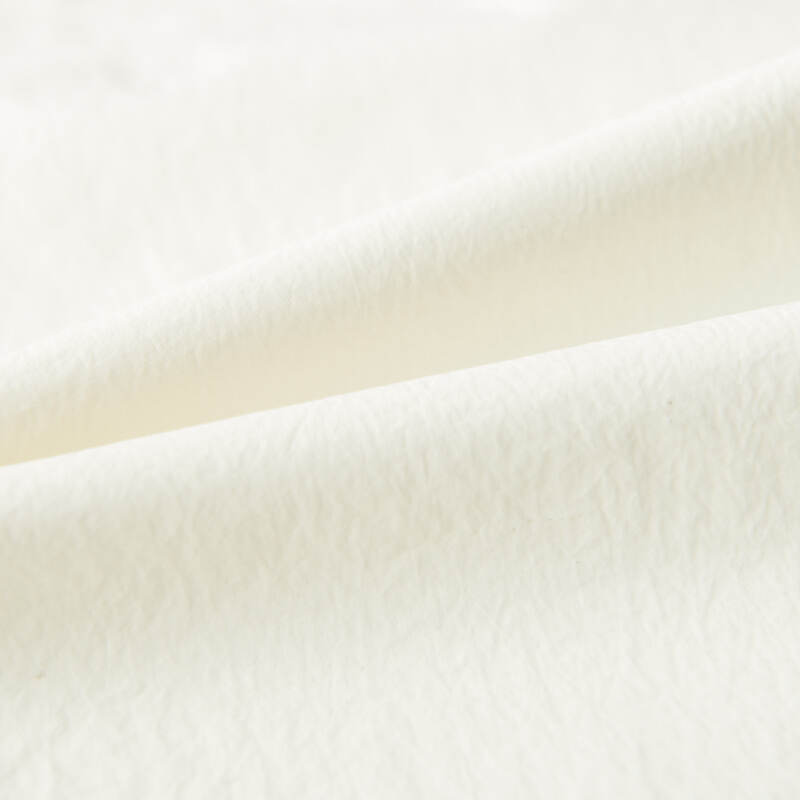biobased nylon fiber for textile industry
Biobased nylon fiber represents a revolutionary advancement in sustainable textile manufacturing, derived from renewable resources such as corn, castor beans, and other plant-based materials. This innovative fiber combines environmental responsibility with superior performance characteristics, making it an ideal choice for modern textile applications. The fiber undergoes a sophisticated manufacturing process that transforms biological feedstock into high-performance polymers, resulting in a material that matches or exceeds the qualities of traditional petroleum-based nylon. The molecular structure of biobased nylon fiber ensures exceptional durability, elasticity, and moisture-wicking properties, making it particularly suitable for athletic wear, fashion apparel, and technical textiles. With a significantly reduced carbon footprint compared to conventional nylon production, this sustainable alternative maintains the same mechanical strength, abrasion resistance, and color retention capabilities. The fiber's versatility allows it to be processed using standard textile manufacturing equipment, enabling seamless integration into existing production lines while supporting the industry's transition toward more sustainable practices.


